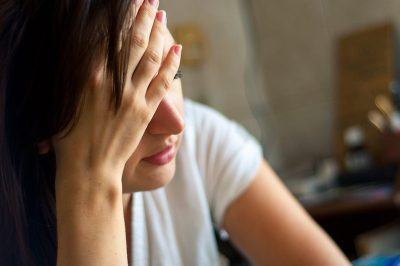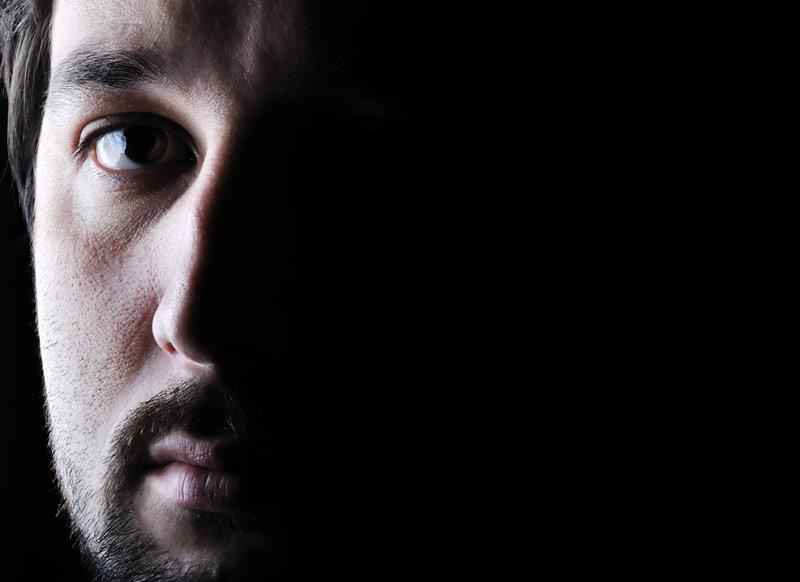Bipolar Disorder
 As more research is done on the complexities surrounding addiction and substance abuse, we are provided with more information on how addictions form and how substance abuse and dependency can actually alter brain function. Medical professionals acknowledge that addiction is a chronic disease, not simply moral failing and weak personality traits as was professional opinion several years ago. Along with the acknowledgment that addiction is a disease, comes the research involved with dual diagnosis and co-occurring conditions. These disorders require more extensive treatment that is most often only available at a dual diagnosis treatment center. To speak to someone immediately call our trained counselors at 866-349-1770.
As more research is done on the complexities surrounding addiction and substance abuse, we are provided with more information on how addictions form and how substance abuse and dependency can actually alter brain function. Medical professionals acknowledge that addiction is a chronic disease, not simply moral failing and weak personality traits as was professional opinion several years ago. Along with the acknowledgment that addiction is a disease, comes the research involved with dual diagnosis and co-occurring conditions. These disorders require more extensive treatment that is most often only available at a dual diagnosis treatment center. To speak to someone immediately call our trained counselors at 866-349-1770.
What Is Bipolar Disorder?
Bipolar disorder is one of the more unpredictable—and potentially exhausting—disorders that someone can be affected by. With other disorders such as clinical depression, or anxiety, the chief problem is one overriding emotion dominating almost all aspects of a person’s daily life. In the case of depression, it is sadness or dejection. In the case of anxiety, it is nervousness or fear. There’s a certain predictability and ease in diagnosing these disorders because that single, defining emotional state colors everything about the person’s outlook and behaviors.
Bipolar disorder is different in that a person here suffers from two opposing emotional extremes. In past decades, the disorder was once described as “manic depressive.” This is because someone with bipolar disorder experiences erratic, often unpredictable mood swings that can make them seem almost unrecognizable to others. This can be particularly dangerous if bipolar disorder and substance abuse come together.

Symptoms of Bipolar Disorder

The other alternative, however, is that they swing to the opposite portion of the emotional spectrum and experience “mania,” feeling more confident, capable and smarter than they may actually be, even entertaining thoughts of being blessed or indestructible, thus taking on extremely risky activities.
People with bipolar disorder can go from demanding a promotion and quitting their job when they don’t get it, confident they’ll find a better one, to retreating into bed and being unable to get out of it when they realize what they’ve done to themselves.
Escaping Through Addiction
In order to treat addiction effectively in such a case, it’s not enough to purge a body of its physical dependence on a substance. This is still an important and necessary component of treatment, but it is simply eliminating a cause, not an effect. If someone has a fever because of an illness, just putting a cold compress on to treat the fever doesn’t actually cure the sickness, merely the symptom. The same is true when an underlying disorder is what led to an addiction.
Dual Diagnosis for Bipolar Disorder and Substance Abuse
Once the diagnosis has been made, the next step is ensuring that both the addiction and the condition are both treated. Bipolar disorder can have profound effects on a person’s life, causing them to make choices and take actions that they otherwise wouldn’t with a more stable, balanced emotional life. It’s important to address the problems a person is having with bipolar disorder itself in order properly overcome the addiction. In many cases, some kind of medication may also be prescribed to level things out, and then the real work can begin.

Get Help with Bipolar Disorder and Substance Abuse at Beachside
From the Blog
6 Fun Things to Do This Summer (Without Alcohol)
Who says a sober summer is boring? There are so many ways to enjoy the season with not a substance in sight.
read more



